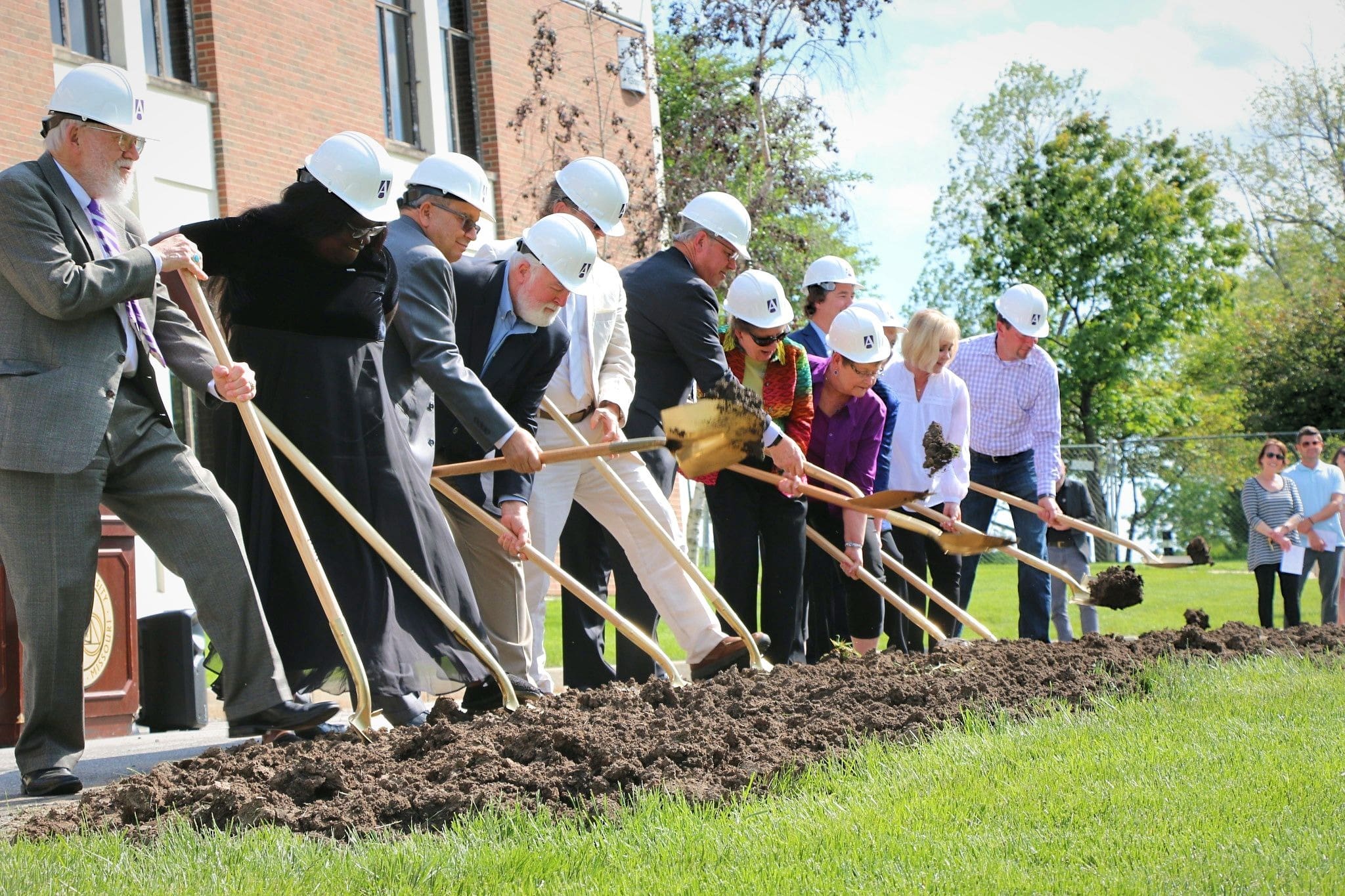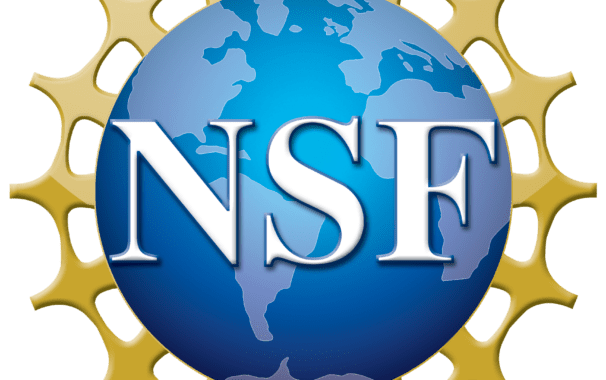Avila Professor of Psychology and Cognitive Science Jordan Wagge, Ph.D., received a $267,741 National Science Foundation (NSF) grant from the Division of Undergraduate Education to fund, evaluate, and enhance the activities of the Collaborative Replications and Education Project (CREP). “CREP is a group I have worked with since 2014; I became executive director in 2019 and started working toward securing grant funding immediately. The CREP’s purpose is to serve both students and the field of psychology by facilitating direct replications of published work completed by students as part of their course work in research courses,” said Wagge.
How were you selected?
A panel of NSF reviewers (experts in the field) evaluated my proposal and scored it high enough that the NSF program officer recommended it for funding. The entire process took around one year and was competitive.
How do you plan to use the funds?
Around one-third of the funds go to Avila for administrative and overhead costs, but the rest I’ll spend in a few different ways. I was able to hire a part-time employee to help with CREP work. Her name is Holly France, and she is a current graduate student at Avila. CREP also relies on an extensive standing network of volunteers to review student projects, and we will be able to start paying them for these reviews. We also will use some money to support professional development activities for students who complete CREP projects – we’ll have meetings on Zoom, for example, that every student in the world who is completing a specific replication project will be able to meet to talk about their project, their hypotheses, and their questions. We’ll also sponsor virtual career fairs and virtual conferences and host workshops on writing up results for publication in undergraduate journals (also virtual). We’ll hire and train peer mentors in years two and three – students who completed a project in year one and want to help lead the cohorts in future years. Those students will earn stipends, and we will bring them to the National Conference on Undergraduate Research (NCUR) during the spring of years two and three. Finally, we’ll pay instructors and students to participate in pre/post research to evaluate CREP as a pedagogical tool.
How will this impact students at Avila?
Students at Avila will be eligible to participate in the CREP professional development activities, such as peer mentoring, workshops, and conferences. We’ll also be contributing to the literature on what we refer to as authentic research for students, which means that students contribute to the science in their field as part of their coursework. This demystifies the research process for all students and opens access to science participation to anyone in the psychology major, no matter their background, amount of free time, career plans, extracurricular activities, or level of confidence in their abilities related to research. As I tell my students, they may not all want to be scientists, and that’s okay, but they all deserve to participate. Everyone deserves the opportunity to help construct knowledge in their field.
What does winning this mean to you?
I’m beyond thrilled that I’ll be able to scale up CREP’s activities. It’s a project I truly believe in and – I know this is cliché – am very passionate about. It sits at the intersection of everything I love – pedagogy, inclusivity, access, science, and smart solutions to difficult problems in the field. It means I can spend time working on this over summers, hire people to help improve the CREP experience, and support our students in new ways… there’s so much more that CREP can do now.
Anything else of note?
I think the mission of the CREP is consistent with the vision and values of the Sisters of St. Joseph. The primary purpose of the work we do is, in my opinion, to give students opportunities that they might not otherwise have unless they were at a doctoral-granting institution and had one, a lot of free time to work (typically for free) in a research laboratory AND two, a lot of preparation and training that made their skills valuable to the supervisors in those laboratories. To me, opening up that process to anyone as part of their education is valuable not only in giving them the experiences usually reserved for the most elite students at the most elite institutions but also in bringing scientists with a truly diverse set of experiences and backgrounds into the process of science and ensuring they feel a sense of belonging in that space. It’s about upholding the worth and dignity of every one of our psychology majors – not just at Avila but at every course in the world that participates in CREP. The support I’ve received from Avila for this grant – specifically from Joseph Jefferson, who helped me with the grant submission – will help us “serve the dear neighbor without distinction” in this sense, too – any course with students who want to complete replications are eligible to participate.

